“It fills my heart with grief that I would no longer feels safe returning to a place I hold dear ”
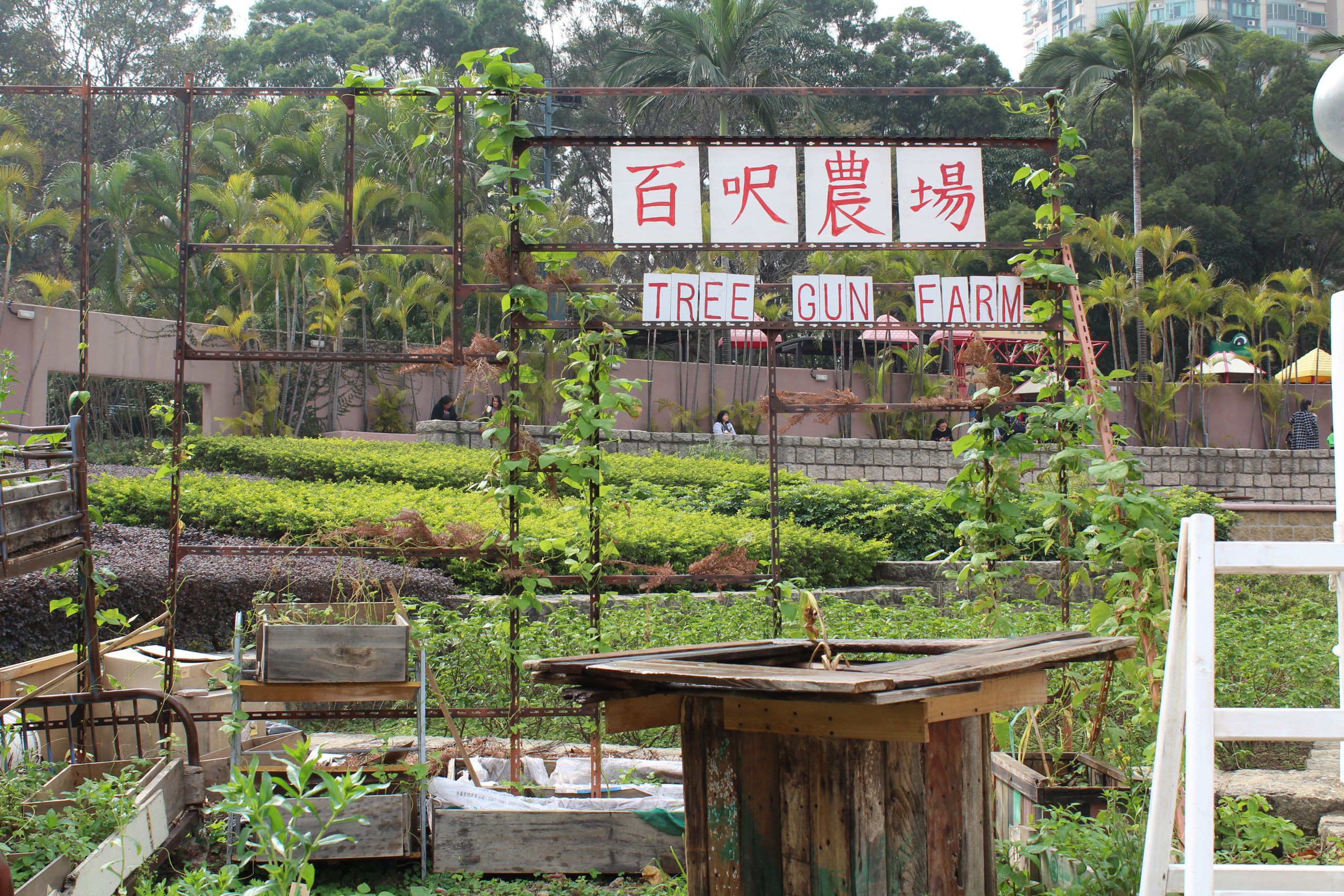
Line Marie Thorsen, Postdoc at Aarhus University, has done a lot of her studies at farms in Hong Kong. The instatement of the new National Security Law has made it difficult for her to return. (Photo: Line Marie Thorsen)
The introduction of the Hong Kong National Security Law has prompted researchers across the world to sign a petition and statement concluding that the new law is an assault on academic freedom. As the only Dane, Line Marie Thorsen, a Postdoc at Aarhus University, has signed the petition, as the law has severe consequences for her research.
Line Marie Thorsen, a Postdoc at Aarhus University, has been to Hong Kong many times. She has researched farmers in Hong Kong and thereby established a large network of research colleagues, collaborators and friends. However, she will not be visiting Hong Kong again, anytime soon.
On July 1, 2020, Hong Kong’s National Security Law, officially the Law of the People’s Republic of China on Safeguarding National Security in the Hong Kong Special Administrative Region, was put into force.
In short, the law criminalizes acts of subversion, secession, terrorism and foreign collusion, but it does not apply exclusively to Hong Kong residents. The legislation also covers offences committed against Hong Kong from outside the Region by individuals who are not permanent residents, as described in Article 38. And this paragraph in particular has urged the British Association for Chinese Studies (BACS) to formulate a statement and a petition.
“The National Security Law, which under Article 38 is global in its scope and application, will compromise freedom of speech and academic autonomy, creating a chilling effect and encouraging critics of the Chinese Party-state to self-censor,” they write in the statement, which continues:
“The National Security Law makes it an offence – punishable by a lengthy prison sentence – to criticize the rule of the Chinese Communist Party or to make subversive statements about the Party and its rule, regardless of where in the world an individual is based and regardless of their citizenship.”
A few hundred international researchers have signed the petition, including Line Marie Thorsen – the sole Dane – who is in no doubt that it was the only right course of action.
“Before the petition started circulating, I had already decided that doing research in Hong Kong was no longer a good idea. In part, because I want to be able to voice this kind of support from the outside, but also because I don’t want to be subject to censorship, or feel that I’m subject to censorship,” she says and continues:
“As we saw in 2019 and are still seeing, many people in Hong Kong are horrified and deeply upset and concerned about this law, and I have tried to find a way to support them from outside. So, when this petition came along, I had already been considering the consequences this law would have for me and my research. So signing the petition when it came along, was a somewhat easy choice.”
Beyond the borders
For Line Marie Thorsen, the consequences of the law are very concrete.
“Much of the time, my research is based on field work, and of course not being able to work in Hong Kong, where I have conducted field work for many years, is a massive consequence. And for me personally, it fills my heart with grief that it no longer feels safe to return to a place that I hold dear. I know that I’m not losing my research, I just have to rethink it and research in other ways– but in principle that’s not acceptable,” she says.
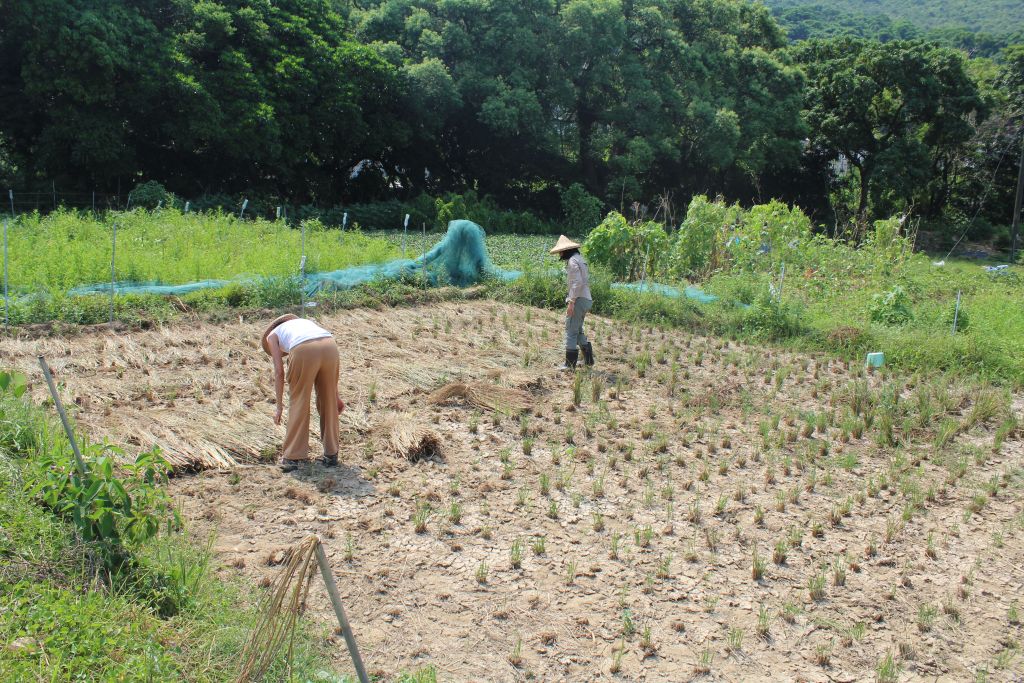
Line Marie Thorsen has focused on farmers in Hong Kong in her research. (Photo: Line Marie Thorsen)
BACS writes in the statement that it fears teachers and students with any countries’ citizenship could find themselves arrested based on evidence from lecture notes, recorded lectures, or recorded class discussions “because these include content that the Party-state deems subversive”.
Line Marie Thorsen explains that, apart from the law being an issue in itself, it is difficult to determine the consequences of breaking it.
“The key issue from a research perspective is article 38. Any activities viewed as violating the law, whether you are in or outside Hong Kong or China, make you eligible for persecution. That’s a major point in this law. The law is generally formulated very vaguely, and combined with its far reach, we don’t know what makes you eligible for persecution if you set foot there. Is it enough that you follow or share CCP-critical social media sites, liked a post, or retweeted it?” she asks.
Show support
Line Marie Thorsen saw the petition posted on social media, but she also received it in her mailbox, after it had circulated in the Chinese research environment. She is well aware that researchers who have worked with and in China are used to giving a little extra thought to their actions and sayings.
“For a long time, working in that area has been tricky. You just don’t walk out and ask what the Chinese citizens think about the social and political life. But for me, working specifically in Hong Kong, it’s new because Hong Kong has had a lot of freedom compared to the mainland,” she says.
It’s new because Hong Kong has had a lot of freedom compared to the mainland
Line Marie Thorsen
Although Line Marie Thorsen is not “researching something that should be controversial”, she argues that no matter the topic, collaborations and work have suddenly taken a political turn – also in Denmark.
“If your research concerns, for example, bakeries, you can easily find yourself in the middle of high-strung political debates, even though that was not the aim of your research. And working in a landscape that is as politically contested as the Hong Kong-China relationship, we don’t know what can be perceived as a violation of the National Security Law,” she says.
She is aware that other researchers are unable to follow her lead, and perhaps signing the petition is not the right approach for other researchers wishing to support the citizens of Hong Kong or continues their work in China.
“I’m the only Dane on the petition but that doesn’t mean Danish researchers don’t care. I believe very few think that way. But lots of things are at stake, and for me, and the way I work, this was a way to show my support. For others working in different ways, it would be supportive to blend in and continue a more low-key engagement” she says and adds:
“For the people I work with in Hong Kong, it’s important to see that members of the international community support them.”
She hopes that at leadership level, the university will discuss the implications of the new law and also look into their collaborations with China and Hong Kong.
“Collaboration is important, also for the sake of Hong Kong and Chinese researchers. But we can’t be naïve in the exchange. There has already been several stories of problematic collaborations between Danish universities and Chinese institutions, so it’s about time university leaders take these topics seriously. There’s a lot at stake, and the leaders need to help the researchers to think about their own position and how they and the universities at large relate to this new national security law,” she says.



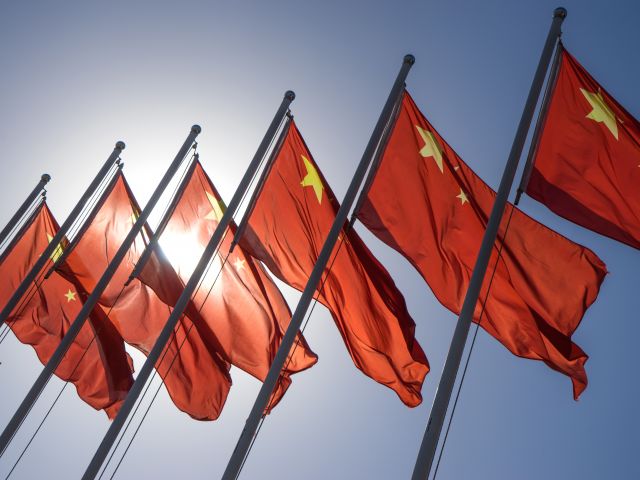
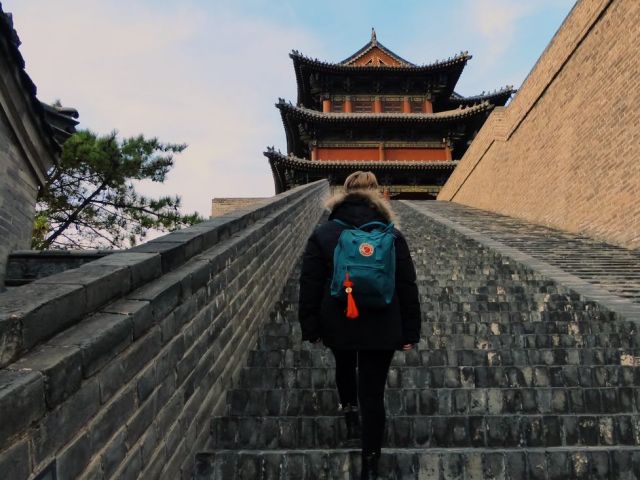
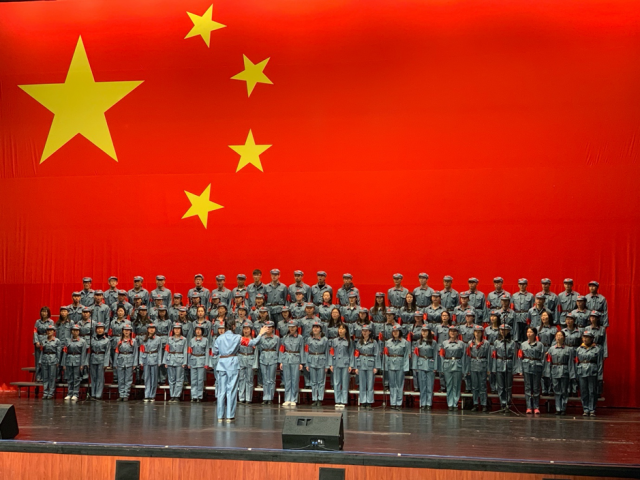
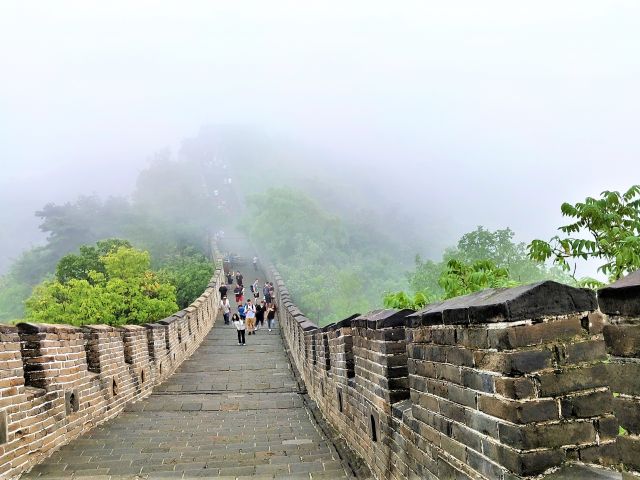
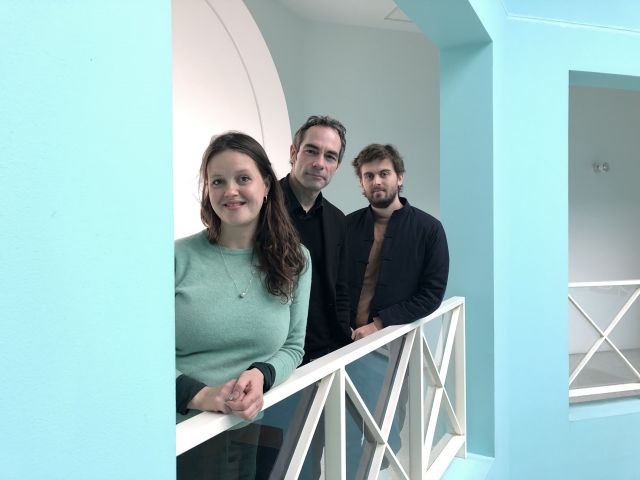





























































































































Comments